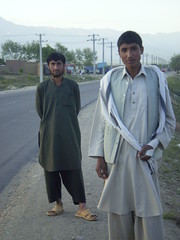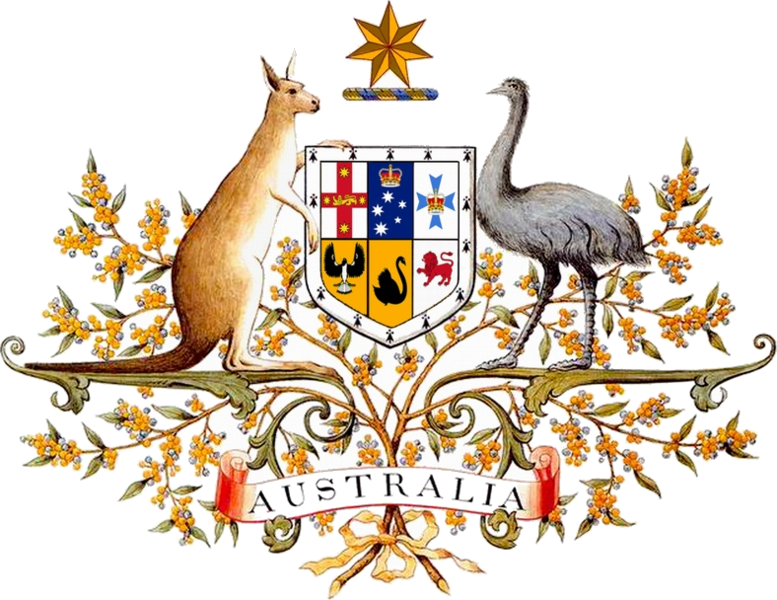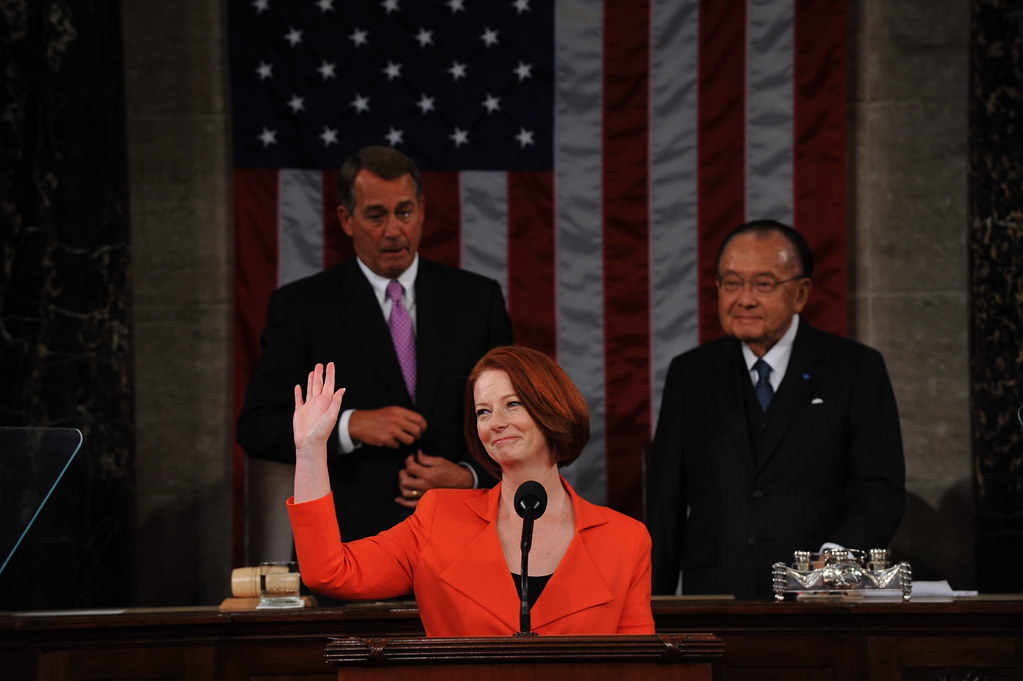 |
| Kay Chernush for the U.S. State Department |
As we prepare to mark the International Day for the Abolition of Slavery on 2 December, it is timely to reflect on what has been a busy two weeks for all of those involved in Australia’s anti-trafficking efforts.
As reported an earlier FlagPost, the United Nations Special Rapporteur on Trafficking in Persons, especially women and children, has been in Australia for a two week fact finding mission (17–30 November), which included meetings with Government and non-government agencies, public lectures in Sydney and Melbourne (see also here), and a Parliamentary Library Lecture in Canberra.














